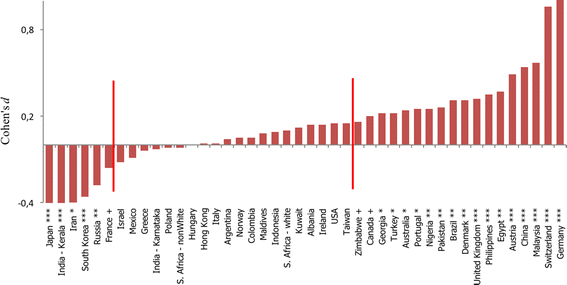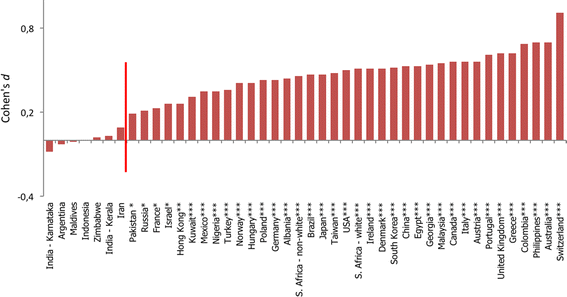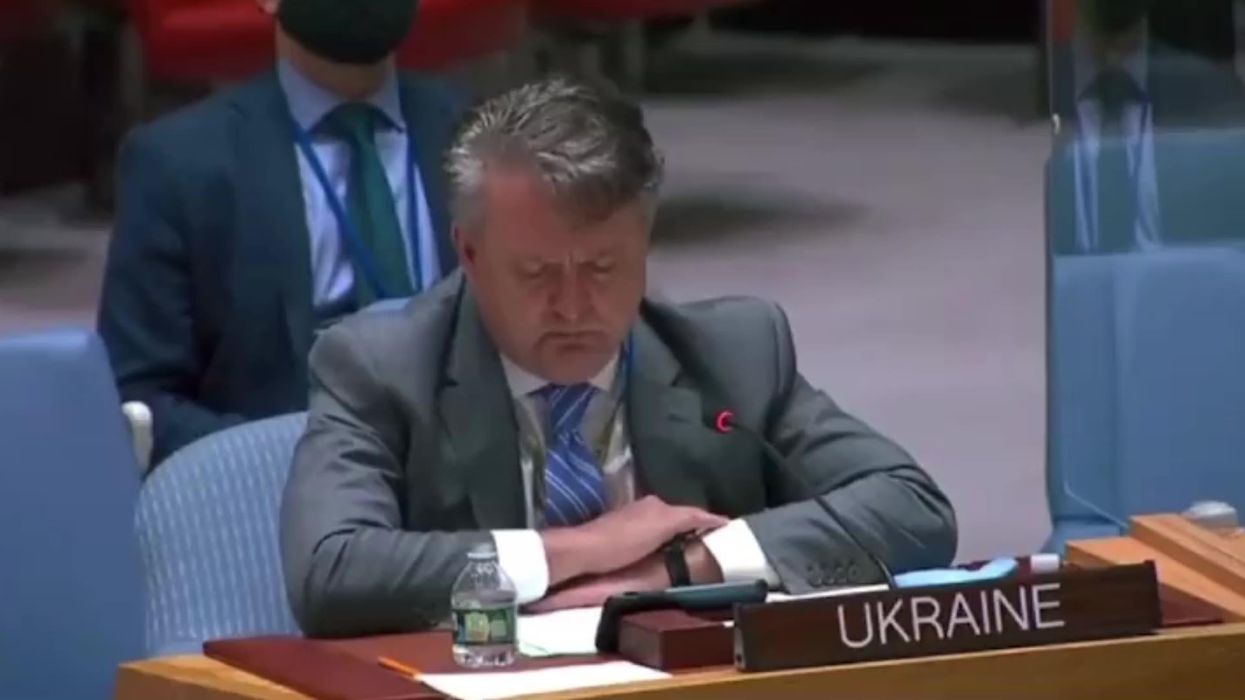He may share his birthday with World Smile Day, but it's rare you'll catch Vladimir Putin with a grin on his face, not that he should be smiling much at the moment anyway given the carnage he has unleashed on Ukraine.
People from Russia - as well as countries like Iran and France - don't smile as much as others - and there are some key societal reasons for that.
Kuba Krys, a psychologist at the Polish Academy of Sciences, published a paper in 2015 about "uncertainty avoidance".
A bad explanation for this term is the assumption that people from some societies feel anxiety around situations that are uncertain.
Sign up to our new free Indy100 weekly newsletter
This is a characteristic found more frequently in societies that are politically repressed, where schooling is respected and structured especially around sciences and where strong social norms are preferred. In addition, corruption tends to be a little more prevalent and civil services tend to be a bit more unstable.
Therefore, the paper argued that smiling in countries such as these would be less welcome - a smiling face could be duplicitous.
To test this, the study asked thousands in 44 countries to judge eight smiling and non-smiling faces.
The results were that some countries thought you were less intelligent if you smiled, such as Russia, Japan and Iran...

... while some thought you were less honest, like Argentina, Zimbabwe, Iran and Russia:

The researcher concluded that this "indicates that corruption at the societal level may weaken the meaning of an evolutionary important signal such as smiling."
It's an interesting theory, but the study also notes gender and culture play a role and that "the samples may not be fully representative of the cultures they come from (i.e., predominantly university students were recruited to participate)".
The conclusion also read "The role of smile intensity is also another ripe area for future research."
The Independent has a proud history of campaigning for the rights of the most vulnerable, and we first ran our Refugees Welcome campaign during the war in Syria in 2015. Now, as we renew our campaign and launch this petition in the wake of the unfolding Ukrainian crisis, we are calling on the government to go further and faster to ensure help is delivered. To find out more about our Refugees Welcome campaign, click here. To sign the petition click here. If you would like to donate then please click here for our GoFundMe page.
Have your say in our news democracy. Click the upvote icon at the top of the page to help raise this article through the indy100 rankings.














